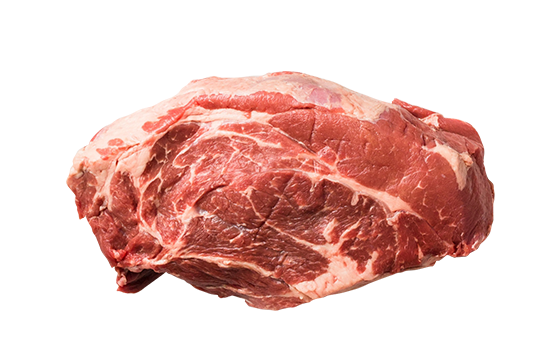Can Dogs Eat Lamb?
Dogs are cherished members of the family, and pet owners are often curious about whether certain foods, like lamb, are safe for their furry companions. Let’s explore the queries surrounding dogs and lamb consumption to understand what's safe, beneficial, and potentially harmful.

Can Dogs Eat Lamb?
1. Raw Lamb and Dogs
Feeding dogs raw lamb is a controversial topic. While dogs in the wild might consume raw meat, the domesticated dog’s digestive system may not handle raw lamb well. Raw meat carries the risk of bacterial contamination like Salmonella or E. coli, posing health threats to both dogs and humans. It's advisable to avoid feeding raw lamb to dogs due to these potential risks.
2. Cooked Lamb and Dogs
Cooked lamb, on the other hand, can be a safer option for dogs. Ensure the lamb is thoroughly cooked, devoid of bones, excess fat, spices, or seasoning, which can be detrimental to a dog's health. Lamb is a protein-rich meat source that can be included in a balanced diet for dogs, but it shouldn't replace their regular dog food entirely.
Can Lamb Upset a Dog's Stomach?
Introducing new foods, including lamb, into a dog's diet can occasionally cause stomach upset. Abrupt changes or large quantities of new foods can lead to gastrointestinal issues such as diarrhea or vomiting. To avoid this, it's recommended to introduce lamb gradually and in small portions, monitoring the dog for any adverse reactions.
Do Dogs Like Cooked Lamb?
Dogs have individual preferences. Some may enjoy the taste of cooked lamb, while others might not show interest. When introducing lamb, observe your dog’s reaction and response. However, it’s crucial to remember that dogs have specific dietary requirements, and while they may like the taste, moderation is key to prevent any potential health issues.
In conclusion
cooked lamb can be safe for dogs in moderation, but raw lamb is best avoided due to potential health risks associated with raw meat consumption. Always consult your veterinarian before introducing new foods into your dog's diet, especially if your dog has existing health conditions or dietary restrictions.